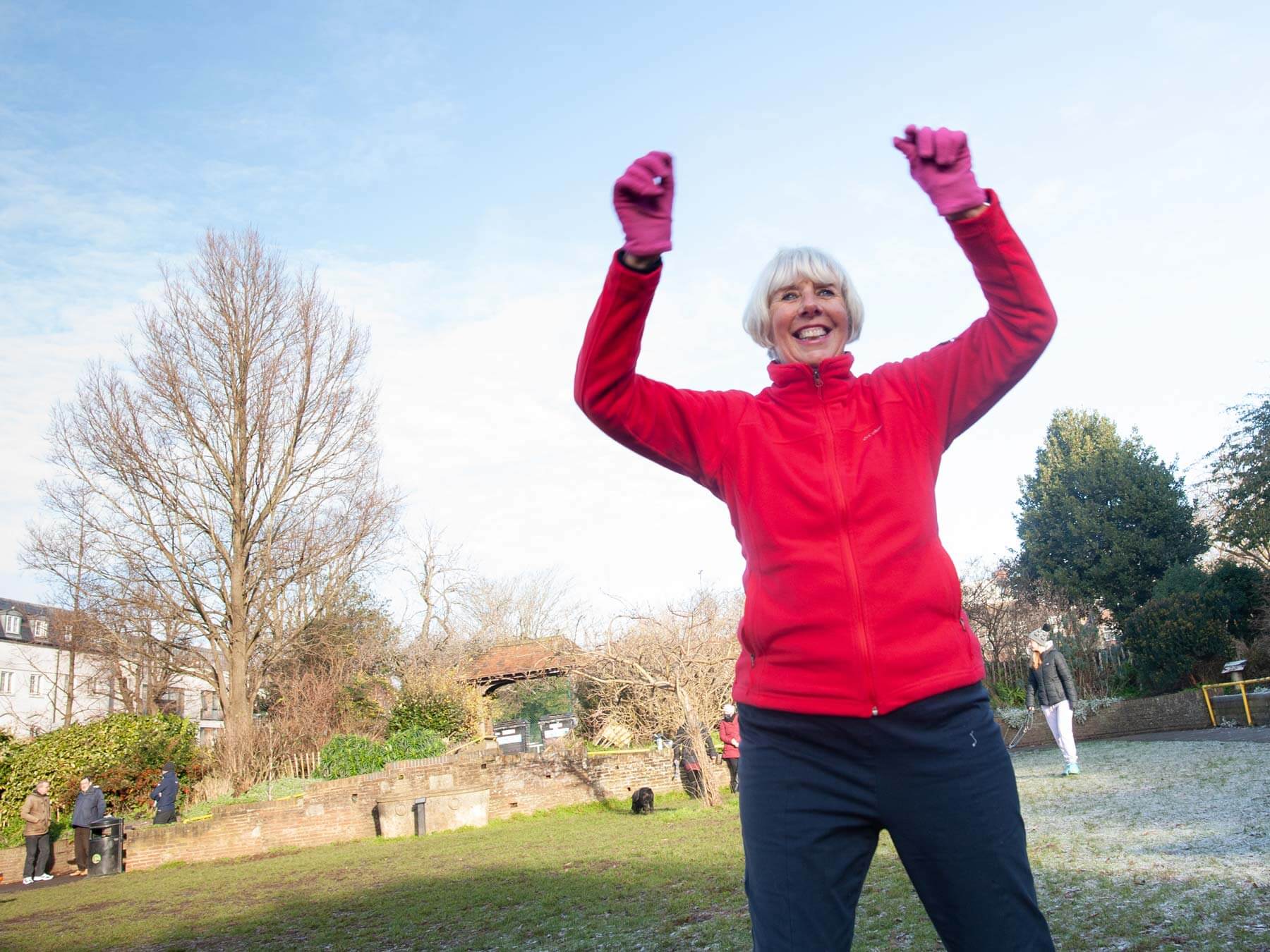As much of our region experiences its first whispers of winter, it’s wise to take time to prepare yourself for the months to come. For many, this means thinking about tangible steps such as insulating and heating your home; getting out winter coats, boots and shovels; and stocking up on sand for icy sidewalks. While New England winters bring the splendor and peace of fresh fallen snow and crisp sunny days, it’s also important to prepare for the less tangible effects of winter, like those on your mood and mental well-being.
Approximately 10-20% of the American population experience “the winter blues,” noting lower energy levels, mild lethargy, and feelings of sadness during colder months. Another 4-6% experience more severe symptoms associated with a condition called Seasonal Affective Disorder (SAD), including episodes of depression, sleep disturbances, extreme fatigue, over or under eating, irritability, social isolation, and suicidal thoughts.
Symptoms oftentimes begin in the fall, extend through the winter, and abate during the sunnier days of the spring and summer. Triggering factors for SAD and winter blues are shorter days and overcast weather, both of which lead to a lack of sun exposure and vitamin D deficiency. According to the Mayo Clinic, SAD occurs more often in women than in men, but men’s symptoms can be more severe. Medical experts urge everyone to make a plan to help keep the blues at bay.
Let the light in: When the sun comes out, take full advantage by opening up the curtains and sitting in its warmth inside. This will help boost vitamin D production. When the dark skies abound, use full spectrum light bulbs to brighten your home. Light therapy has also been shown to increase positive mood.
Activity: Activity is good for the mind, body and soul. If you are able, bundle up and go outside. Find ways to be in and enjoy nature, take a stroll through the park or neighborhood, a hike in the woods, eye the greenery outside your window, or cultivate plants in your home. If the weather is an obstacle, consider a yoga or exercise class at your local Y, gym, or senior center, or participate in online opportunities. Start your wellness today by visiting LifePath’s YouTube channel for our Healthy Living Home Workout Playlist. Reaping the many benefits of exercise can prevent or delay health problems, reduce anxiety and depression, and improve self-esteem and cognitive functioning throughout the winter and beyond.
Schedule: Are there hobbies or winter projects you want to consider? It is helpful to spend time contemplating what activities you find to be most meaningful, healthful, and joyful, and arrange your day accordingly. Unstructured time can lead to a sense of purposelessness, so create a list of tasks and a schedule, and maintain routines since they can help keep your mood stable and foster a sense of accomplishment.
Diet: Although the sun is the best source for vitamin D, foods such as salmon, oysters, eggs, mushrooms, fortified cereals, tofu, and orange juice are ideal for boosting vitamin D. For some, the best way to get enough vitamin D is by taking a supplement. Be sure to drink plenty of water as older adults are susceptible to dehydration due to a diminished thirst sensation and a decline in the amount of water stored in the body.
Sleep: Good sleep hygiene can help you have a restful night. Limit alcohol and caffeine intake, go to bed and get up at the same time each day, avoid the blue lights created by television and computer screens, and practice calming rituals such as taking a warm bath, listening to music, or reading a book.
Socialization: Winter can bring fewer social events, and an increased sense of loneliness and isolation. Call a friend or family member to catch up or reach out to a neighbor who might benefit from a check-in. Avoid canceling plans if you are feeling down and consider ways to make new connections.
Volunteering: Volunteering provides a sense of purpose and belonging, keeps us involved in the community, and is a way to put our skills and knowledge to good use. LifePath offers opportunities which don’t require leaving your home, such as our Phone Pals program—or you can provide support driving others to medical appointments, assisting with grocery shopping or home repairs, offering benefits and insurance counseling, advocating for nursing facility residents, providing office support, helping with money management, or delivering Meals on Wheels.
It’s also important to prepare for the less tangible effects of winter, like those on your mood and mental well-being.
Wellness and reflection: The winter months are a good time to take whatever steps you can to optimize your well-being. Meditation and journaling are effective ways to reflect upon your present state of being and recognize when you are experiencing feelings such as sadness, loneliness, and anxiety. Seek help from a loved one, your primary care physician, or a behavioral health professional; or consider other resources such as support groups, peer counselors, or your faith community.
If you find yourself struggling with coping this winter, consider contacting Behavioral Health Outreach for Aging Populations, which serves older adults whose challenges are impacting their emotional well-being, or participating in a Healthy Living Workshop, where you can make new connections and get support. If you or someone you know is in need of support, please call LifePath and speak with a Resource Consultant at 413-773-5555, X1230; 978-544-2259, X1230; or email us at info@lifepathma.org. We are here to help! If you or someone you know is experiencing a mental health crisis, call 988.






